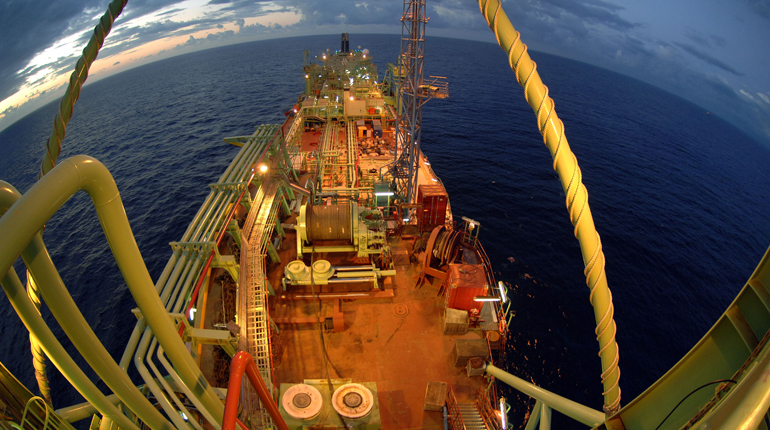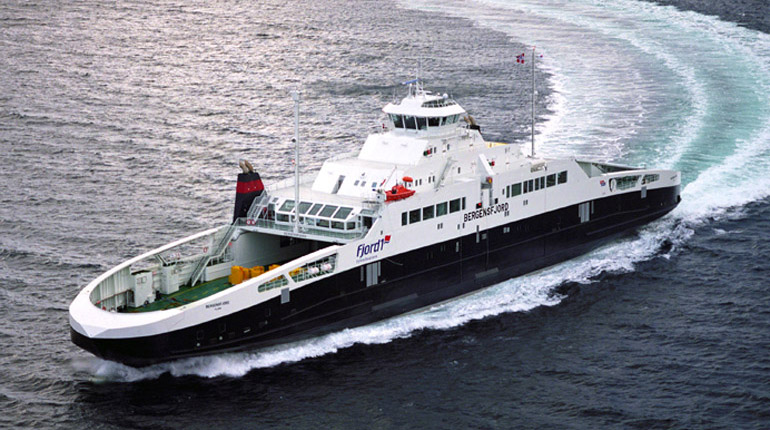Highlights
- North African gas supplies to Europe will remain tight this winter
- Algeria had another disappointing oil and gas acreage bid round because of an unattractive fiscal regime
- Iran is set to face another tight winter despite importing more gas from Turkmenistan
Economic overview
Algeria is expected to have a current account deficit in 2014 for the first time in 15 years. The current account deficit will mainly be as a result of slumping hydrocarbon exports and lower oil prices, according to the International Monetary Fund.
Quarterly year-on-year GDP growth rates
| Q4 2013 | Q1 2014 | Q2 2014 | 2014 | 2015 | 2016 | |
| Qatar | 5.5% | 6.2% | 5.7% | *6.5% | *7.7% | *7.8% |
| Egypt | 1.4% | 2.5% | 3.7% | *2.2% | *3.5% | *3.8% |
| Saudi Arabia | 5.0% | 5.1% | 3.8% | *4.6% | *4.5% | *4.4% |
| Nigeria | 6.8% | 6.2% | 6.5% | *7.0% | *7.3% | *7.2% |
| South Africa | 2.0% | 1.6% | 1.0% | *1.4% | *2.3% | *2.8% |
The country’s trade surplus fell by 20.4% year on year – to $4.67 billion – in the first eight months of 2014. Declining gas production in Algeria, together with growing domestic demand, is worsening the situation. Hydrocarbon exports account for around 96% of Algeria’s total export revenues and a declining trend will limit government spending on the upstream sector.
Log in to continue reading...
To continue reading this article, you must have an active subscription. By logging in or signing up for a free trial, you are agreeing to our terms and conditions, privacy policy and cookie policy.



